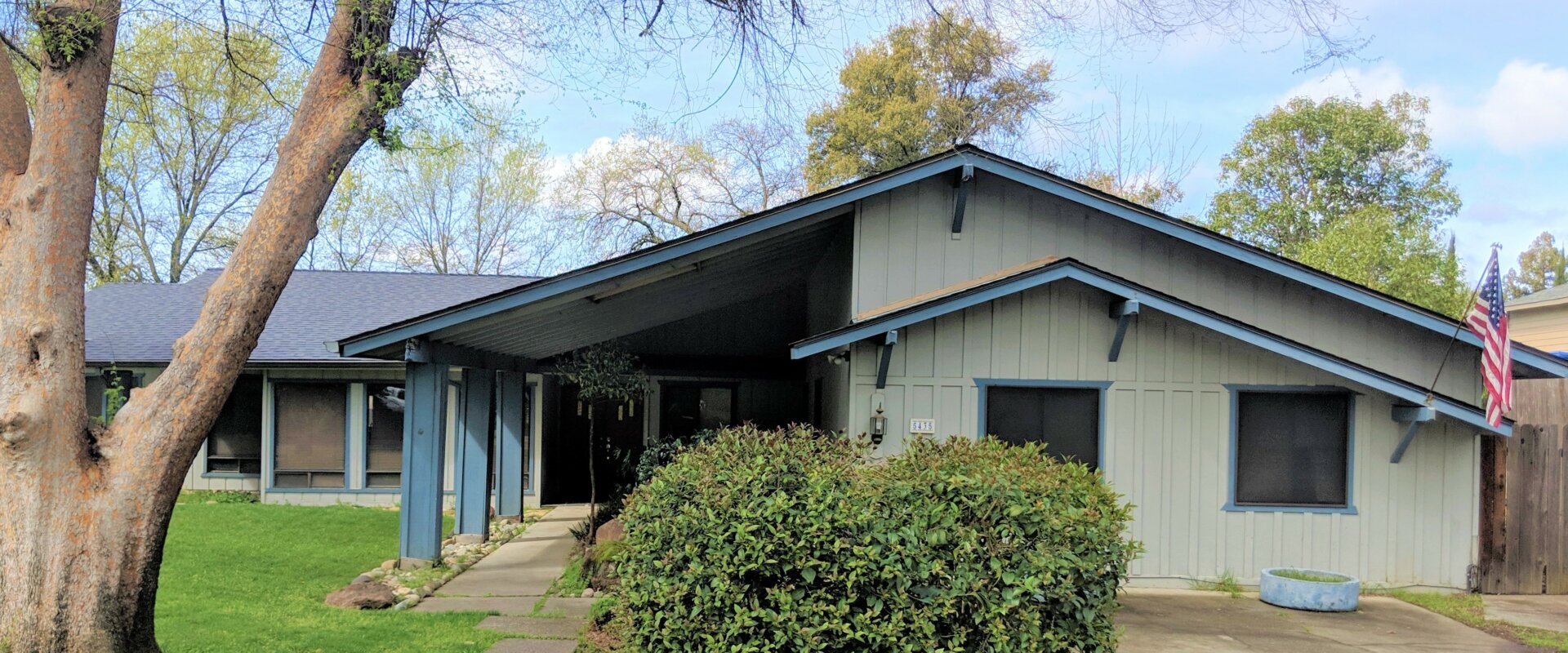1 in 200 homes end up in foreclosure, which adds up to thousands of homeowners who lose their home because they fell behind on payments. Are you one of them? If you’re asking yourself “How can I save my home?,” forbearance may be the answer. Saving your home from being foreclosed upon isn’t impossible, but you can’t remain inactive. Saving your home from foreclosure requires an active strategy.
Let’s dive into what forbearance means, what current options look like, and how seeking a forbearance could affect your chances at reaching foreclosure.
What is forbearance?
Forbearance is a process where you and your mortgage lender agree to suspend your payments for a certain period of time. A forbearance is usually approved if you experience a temporary hardship and know you’ll be able to catch up in the future. While your payments are frozen during a forbearance, you will be responsible for repaying the balance of skipped payments in the future. Examples of when a forbearance is appropriate include losing your job, being on a temporary furlough, or having unexpected medical bills. In short, forbearance offers short-term relief.
What to know about COVID-specific forbearance
In 2020, new legislation offered mortgage forbearance to most homeowners due to the number of suddenly unemployed and underemployed Americans. You can learn more from the Consumer Financial Protection Bureau. The CARES Act Mortgage Forbearance law applies to government-backed mortgages and government-sponsored enterprise loans, which includes FHA, VA, and Freddie Mac loans. You can usually get these forbearance approvals via a simple form on your lender’s website. The initial forbearance lasts 180 days with the option to extend for another 180 days. The CARES Act also means you can’t be put into forbearance until at least August 31st, 2020.
How forbearance affects foreclosure
Forbearance and foreclosure are linked in that a forbearance may allow you to stop accruing past due payments and avoid being put into foreclosure. Foreclosure is the process by which a bank takes back the home due to your missed payments. You receive a default on your credit score, which an complicate getting other credit for at least 7 years. And you forfeit any equity that you had built up in the property. By freezing your payments to avoid falling behind, you may be able to stave off foreclosure (as long as you can get current at the end of forbearance).
Can a loan modification save my home?
Can’t be sure you’d be able to cough up your skipped payments at the end of forbearance? A loan modification may also be helpful. At the end of your forbearance, ask your lender if you can apply for new terms to the loan. Loan modifications typically extend the life of the loan and may also lower your interest rate (assuming current rates are lower than your existing rate). As a result, your loan modification is designed to lower your monthly payment and keep you above water in the future.
What to do if you’re ready to sell
If you decide saving your home from foreclosure isn’t realistic, you may yet have one option left. Your bank will send you a warning notice before you’re officially in foreclosure — you may still have time to sell your home fast and avoid the bank taking back the property. Sell to a company like California Family Homebuyers to receive an all-cash offer for your Sacramento area home. We accept homes as-is, so there’s no need to worry about expensive repairs or staging. Give us a call today if you’d rather move on than enter forbearance!

